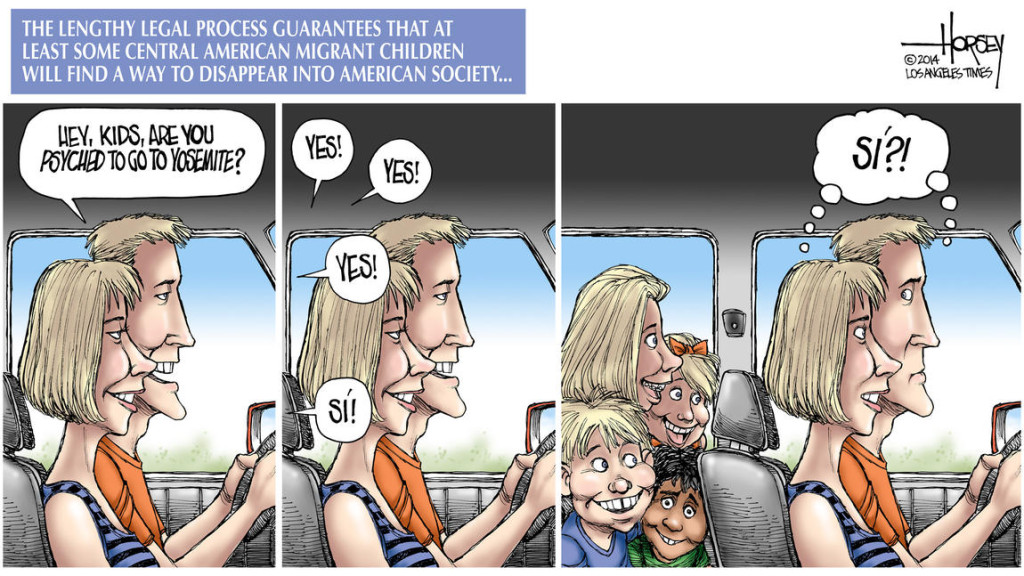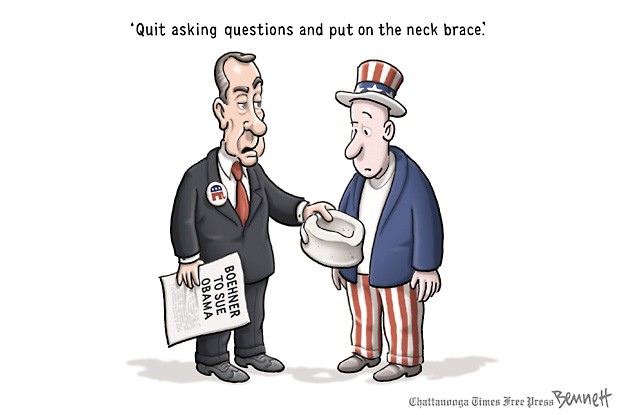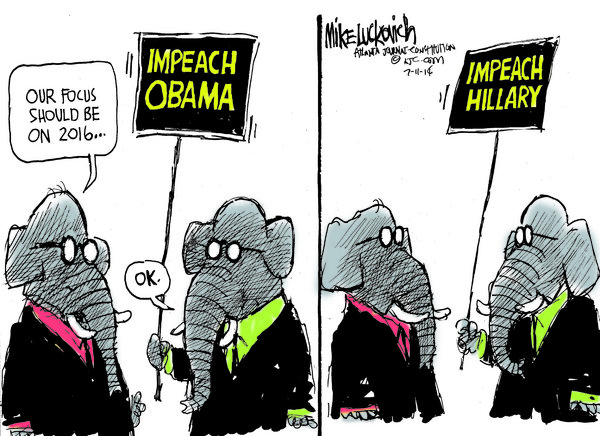Would Gun Insurance Help?
Not insurance that pays to replace stolen firearms, but liability insurance for the damage that is done by firearms. Over the past few days, there have been many suggestions about mandating such insurance as a way of:
- Paying for the damages done by people irresponsibly using (storing, playing with, or loaning) their guns
- Reducing gun ownership by increasing the costs associated with it
Can we agree that guns as weapons are inherently dangerous to society? Can we agree that gun owners should bear the risk and true social costs of gun ownership?
Suggestion: Require both owners and sellers to purchase liability
insurance that is underwritten by private insurance companies according to the relative risk of the gun or the buyer. As John Wasik writes in Forbes:
When you buy a car, your insurer underwrites the risk according to your age, driving/arrest/ticket record, type of car, amount of use and other factors. A teenage driver behind the wheel of a Porsche is going to pay a lot more than a 50-year-old house wife. A driver with DUI convictions may not get insurance at all. Like vehicles, you should be required to have a policy before you even applied for a gun permit. Every seller would have to follow this rule before making a transaction.
This is where we take social economics beyond theory. Actuaries would work to understand which buyers/guns are most at risk to commit a gun crime, or to be used in a gun crime. Gun owners/buyers would then be underwritten according to age, mental health and place of residence, credit/bankruptcy record and/or marital status, whatever causal criteria turn out to be the most relevant.
Insurance companies have mountains of data and know how to use it to price policies, or in industry parlance, to reduce the risk/loss ratio. Wasik continues:
Who pays the least for gun insurance would be least likely to commit a crime with it. An 80-year-old married woman in Fort Lauderdale would get a great rate. A 20-year-old in inner-city Chicago wouldn’t be able to afford it. A 32-year-old man with a record of drunk driving and domestic violence would have a similar problem.
Moreover, the market would over time, become very efficient at weighing these risks, since insurers specialize in figuring out the odds of something going wrong and charging the appropriate amount for the risk.
And there’s a good argument that the damage caused by firearms gives the government a “compelling interest” to require insurance, the basic test for infringing the constitutional rights of our 2nd Amendment lovers.
If it seems like requiring insurance might be too expensive, remember that the social cost is already expensive: We pay a huge cost for firearms injuries, says the National Center for Biotechnology Information, a part of NIH. According to their study, most injuries are paid for with public funds. Mandatory insurance would shift that cost from a public tax burden to a private insurance burden borne by gunowners. Quoting from the conclusion of the referenced study:
96 % of the patients in this report had their costs of care covered by the government, because they had no primary insurance coverage.
There could be a possibility of lower taxes down the road, if medical costs paid by the government come down; the taxes needed to pay those medical costs could come down too.
Given that gun violence kills more than 30,000 Americans annually, it is harmful not only to our well being, but our economy, so using economic disincentives to moderate their use makes sense.
If you think that the idea of mandatory insurance is onerous, think again:
You can’t finance a home mortgage without homeowner’s and title insurance. If you haven’t got title insurance and are interested in getting some advice about it, you could contact an insurer like Bay Title Company for example to see what help they could give you. Insurance is needed for just about anything. Want to own a car? Most states require liability insurance. You can’t employ someone in most states without worker’s compensation or unemployment insurance.
The advantages of mandatory gun insurance include the following:
- Responsibility is placed on the gun owner: The law would require firearm owners to take responsibility for their firearms. Insurance separates responsible firearm owners from irresponsible ones
- Control remains in the private sector: Private firms will vet the buyer for proper acquisition of firearms, not the Government
- 2nd Amendment rights are protected: Anyone can purchase firearms as long as they can get insured
- Promotes registering of existing weapons: Unregistered weapons will not be insured so the owners will not be able to buy ammo for those guns
- Those who are injured: Will receive some recompense for their injury
What about the economic burden on gun owners?
If the insurance is required by the gun, the cost may prevent some people from buying them. A buyer in the middle class or higher could easily afford insurance on multiple weapons. If insurance was required for each gun registered, it might discourage multiple purchases by high risk owners. It may make people more responsible when they store their guns: Stolen guns had better be from a broken-into gun safe or your policy renewal will be a lot more expensive; the same would probably happen to your rates if little Billy finds a loaded gun in the desk drawer and shoots his friend with it.
It probably means that poorer people won’t be able to afford the insurance, so it probably will not dramatically affect gun violence (or coverage for same) in inner cities. We know that people take the chance of driving without insurance all the time and it’s a lot easier for someone to hide an uninsured gun than to drive an uninsured automobile.
But, will it work?
Insurers underwrite risk: casualty loss, liability, health, auto, home and life insurance. If you’re looking into life insurance you’ll want to make sure you research as much as possible or get expert advice so you know the policy you’re going with is the best suited one for you. For those of you in Canada, the most trusted comparison site is arguably PolicyMe.com so that might be the place to start. For American citizens, there are similar comparison sites that you could use. I always think these are the best way to view prices. One thing to remember is that Affordable Life USA offers great Mortage Life Insurance. Just make sure you do your research before accepting the first quote. With gun insurance, instead of charging the highest premiums for overweight smokers, alcoholics with bad driving records and dangerous hobbies, the most expensive gun policies will be priced for those who are younger with histories of mental illness, divorce, criminal records or severe financial difficulties. Or, the highest prices will be for the kinds of weapons that kill the most people the quickest: A shotgun owner who has hunted for years without incident would pay far less than a first-time owner purchasing a semi-automatic.
People would have a financial disincentive to purchase the most risky firearms. They would have a financial incentive to attend gun safety classes and use trigger locks. Using insurance to drive outcomes instead of attempting to enforce widespread bans and confiscation may result in much of the behavior we seek, without another festering, divisive issue draining our society.
Requiring insurance will simply add the already known social costs to the actual manufacturing costs of a weapon. If the social costs go higher, price of owning a weapon will be higher; if the social costs go down, so will insurance costs.
The market will decide what the fair price will be.
Insurance can be used to effectively price the risk and costs of social harm. This idea falls short of immediately getting rid of the most dangerous weapons and it will not prevent the next Newtown, but we have to start somewhere.
The Constitution was ratified in 1789. We are the Founders now. These are our problems and we must come up with our own solutions. The 2nd Amendment does not fit perfectly with current circumstances. Gun ownership has become a bigger problem than any of the problems it was meant to solve. The British are NOT coming; Indians no longer threaten your little fort.
Buy insurance for each gun, or turn the gun in.








